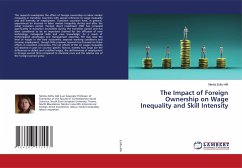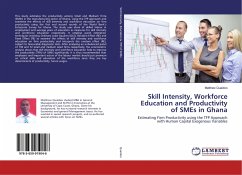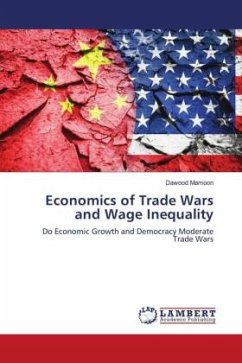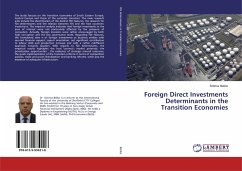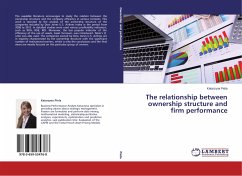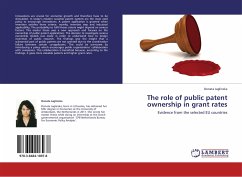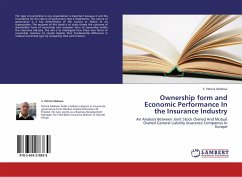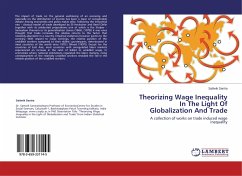This research investigates the effect of foreign ownership on labor market inequality in transition countries with special reference to wage inequality and skill intensity of employment. Transition countries have, in general, experienced an increase in labor market inequality during and after the initial transition period. Foreign direct investment (FDI) has increased significantly in transition economies during the transition period and has been considered to be an important channel for the diffusion of new technology, managerial skills and new knowledge. As a result of technological advantages and management expertise, FDI may raise the level of wages in the host economies, improve working conditions and increase employment, though little previous research has focused on these effects in transition economies. The net effects of FDI on wages inequality will depend in part on country specific factors, namely how large are the differences in skilled and unskilled wages, the skill-intensity of employment in foreign-owned firms compared to domestic ones and the relative size of the foreign-owned sector.
Bitte wählen Sie Ihr Anliegen aus.
Rechnungen
Retourenschein anfordern
Bestellstatus
Storno

